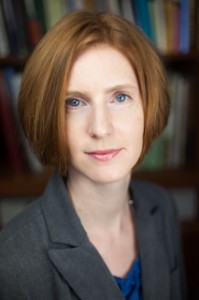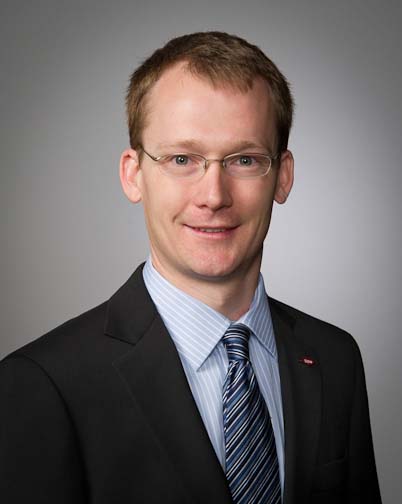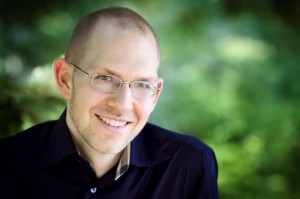Helen Pho, Associate Director
Next week, I’m heading to Madison, WI for the national conference of the Graduate Career Consortium (GCC), and I’m really looking forward to it. The GCC is a national organization for professionals who serve as graduate career advisers, basically people like me. When I was a doctoral student, I attended and presented at academic conferences where junior and senior scholars would often read academic papers out loud during panel sessions. These conferences can be stressful for graduate students because many were also interviewing for jobs at the same site.
When I became a graduate and postdoc career adviser, I was intrigued yet a little nervous about what a conference for graduate career advisers would look like. Would it be people reading papers again? Would there be a sense of anxiety among conference attendees? Happily, my first professional conference was nothing like the academic conferences I was used to attending. At my first GCC conference last summer, I had a blast meeting other graduate career advisers working all over the United States and Canada, and it quickly became my favorite conference that I’ve ever attended. I learned a lot about best practices for graduate career advising from attending different workshop presentations and chatting with colleagues at the poster session. (If you’re in the humanities and have never seen a poster session, it’s when a large group of presenters would stand next to their giant posters and talk about their research or ideas to attendees wandering around the session.) Most of all, the GCC is a very friendly and collegial group of professionals; everyone is eager to share best practices and ideas, and people love to talk to each other, which is not surprising considering the work we do!
As I prepare for my conference, I wanted to share three things I’m doing to be conference ready next week:
- Review the conference schedule. Conference schedules are often released before the event takes place, so take some time to go over what the days will entail. Like many conferences, there are often concurrent sessions and events, meaning you have to pick and choose which sessions you want to attend. If you spend some time ahead of the conference to make those decisions, that means you’ll have more time at the conference to network and chat with people.
- Set goals for the conference. Related to the first point, I like to think about what I want to get out of the conference before I arrive, when it’s often a bit hectic and slightly overwhelming with hundreds of people in attendance. For my goals this year, I’d love to chat with colleagues at other institutions to learn what they’re doing to help PhDs explore expanded careers in fun and interactive ways, and to hear how other institutions are supporting their first-gen grad students, since these are priorities in our work here. Spending just a small amount of time to identify goals for the conference beforehand will allow me to focus on attending relevant panels and talking to colleagues who are doing exciting work in this area before the conference flies by!
- Identify people with whom you’d like to connect or reconnect. The GCC conference has over 200 attendees, and although I would love to talk with everyone, it’s simply impossible to do so in a span of three days! There are many people whom I met last summer that I’d love to reconnect with as well as people that I’ve never met before that I’d love to meet in person. For example, I’ve been working on a subcommittee to help market ImaginePhD, a career exploration and planning tool designed for PhDs in the humanities and social sciences. (If you don’t know what it is, visit imaginephd.com!) We’ve had virtual meetings via video over the last year, so I’m excited to finally meet my fellow subcommittee members in person at the conference! Thinking ahead of people you’d like to meet will allow you to not only have a productive conference but an enjoyable one as well!
If you’re a graduate student planning to attend a professional conference anytime in the future, come meet with a career adviser. We’re happy to help you prepare for networking both within and beyond academia!




